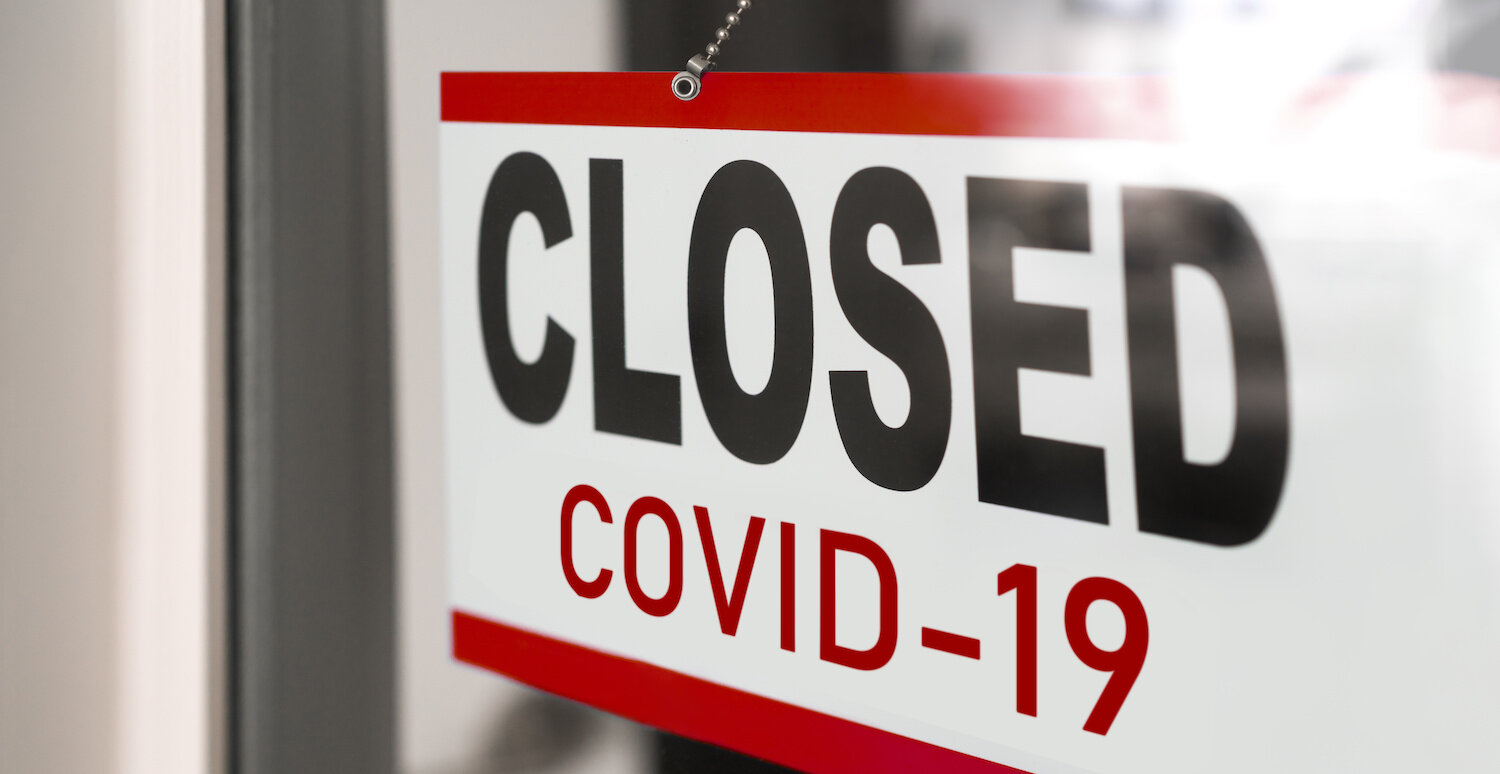According to U.S. Department of Labor data, initial unemployment claims in Mass dropped from over 100,000 last week to just over 80,000 new claims this past week. The drop provides little to no comfort considering that joblessness in the state passed a staggering 650,000 over the course of just five weeks.
Restaurants, lodging, and retail, jobs have suffered the biggest losses due to the statewide shutdown of non-essential businesses. Along with cuts in health and social assistance jobs, these sectors account for more than 41% of all initial claims filed since the pandemic began.
According to a report, restaurants in the state have cut 93% of staff due to coronavirus pandemic with losses in statewide sales expected to exceed $1.3 billion in April alone.
Nationwide unemployment figures have lurched up by another 4 million last week bringing the total to 26 million in just five weeks — or about one in six American workers. Economists warn that unemployment could hit 20 percent (or about twice the rate experienced in the Great Depression) and that the nation’s domestic output could shrink by twice the amount experienced during the Great Recession of 2008.
By midweek last week, COVID-19 deaths in the state had passed the 2,500 mark with more than 46,000 confirmed COVID-19 cases statewide.
Could Clean Energy Jobs Lead the Recovery?
Last week, we reported that thousands of clean energy jobs had been lost to severe coronavirus prevention measures in Massachusetts. This week it’s being reported that clean energy could jobs could help reverse the massive loss of jobs when the state reopens.
Clean energy advocates suggest investments in solar, offshore wind, and electric transportation could create an abundance of new jobs while improving public health and mitigating the detrimental effects of climate change in the state.
“Those are the types of projects that we should really be investing in — ones that use the economic activity we need to generate to solve the next crisis.” — Craig Altemose, executive director of the Better Future Project
“On the back end of COVID-19, there are going to be a lot of people who need to be re-employed. What better way to do that than in ways that drive decarbonization and make us greener and more healthy?” — Elizabeth Henry, president of the Environmental League of Massachusetts.
What Will Be The New Normal For Businesses?
During a Greater Boston Chamber of Commerce virtual panel discussion this Thursday, a group of prominent CEOs in the Greater Boston area predicted that “the workplace for many companies may look very different when people finally return to work, after the pandemic’s devastating blow to the economy.” That is according to a report by the Herald.
John Fish of Suffolk Construction said at the meeting that none of the CEO’s have experienced “anything like what we’re going through.” Fish said, “People now are confronted with the question of how do we get back to work.”
Fish added that CEOs should do so with a “high degree of empathy and compassion … so people themselves own the re-entry.”
Fish also discussed the need for adequate protective gear and the use of monitors to ensure social distancing, and Niraj Shah of Wayfair says his company will be checking temperatures and undertaking thorough decontamination measures.
How Quickly Can Massachusetts Recover?
Although Fish pointed out that, “Boston is usually the last one into a recession and the first one out,” a report by the Globe begs to differ saying that a fast recovery is unlikely in Massachusetts.
Mark Zandi, chief economist at Moody’s Analytics has told the Globe, “Boston typically does weather recessions better than the rest of the country because it has industries that are less cyclical. In this particular case, probably not. … It’s going to be a slog.”
“Historically, recessions have been good for medicine overall. That’s just not the case with this one,” says Dr. Eric Dickson, chief executive of UMass Memorial Health Care in Worcester.
The article goes on to state:
“A month into what may prove to be the most devastating economic collapse since the 1930s, the region’s world-famous hospitals and universities find themselves too crippled by COVID-19 to provide a soft landing. White-collar professionals, another bulwark of the state economy, are also bracing for the worst. With Europe and China also in trouble, Massachusetts won’t be getting much of a lift from exports or international travelers.
“The Great Recession, triggered by a mortgage meltdown and recklessness by banks and investment firms, required the government and Federal Reserve to put the financial system on life support. By contrast, the coronavirus pandemic in a matter of weeks has inflicted far more damage: an abrupt and intentional shutdown of a broad swath of the economy, 22 million people out of work, trillions of dollars in stock market losses.
“The country is in uncharted waters. But this much is clear: In Massachusetts, this downturn will be particularly painful and the recovery slower than usual, according to business leaders and economists.”
More of the Latest Massachusetts News
WCVB5 - How will Massachusetts real estate market be impacted by coronavirus
WBUR - Mass. Realtors Expect Short-Term Slowdown Because Of Coronavirus
Boston 25 News - Massachusetts now at center of national outbreak
WBUR - State Official Says Mass. Climate Goals Remain On Schedule Despite Pandemic
WWLP - Governor Baker to look into how Massachusetts would reopen when ready


